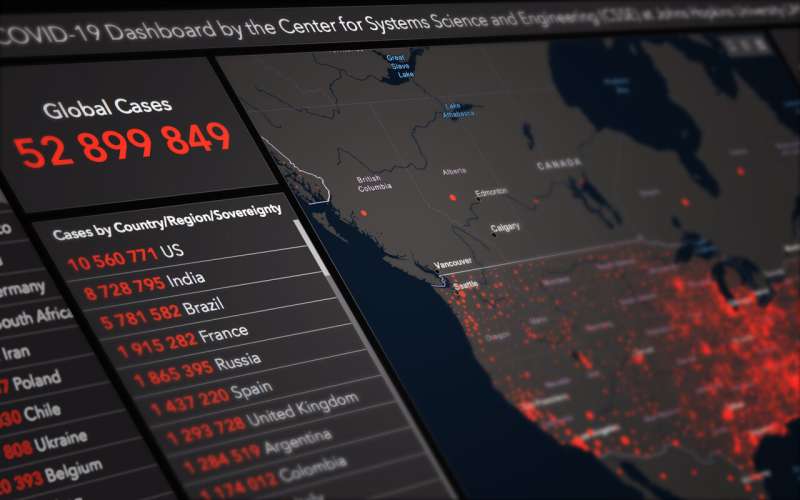Credit: Atypeek Dgn from Pexels
Digital platforms, the websites and apps which compete for our precious screen time, have successfully invaded the traditional territory of many sectors of the "old economy." They have become the preferred—expected, even—domains for many kinds of human behaviour, from banking and property buying, to dating and entertainment.
In doing so, Airbnb, Amazon, Uber and (many) others have swiftly managed to shift economic behaviour from the world of physical bricks and mortar to a digital world powered by algorithms.
These companies are often praised for apparently providing consumers with ever more choice. But in fact, the fundamental idea behind the algorithms which power these platforms is to reduce the variation of options available.
This is because digital platforms are meticulously designed to appeal to individual users at both ends—sellers or providers, and consumers or users. In theory, this reduces the complexity of decision-making, and increases the speed of digital interaction.
Yet in many regards, digital technology has simply made things more complicated. And there are three main ways in which they have managed to do this.
First, while the boundaries between physical and digital space have become blurred, so too has the distinction between producer and consumer.
This is because social media platforms have given consumers a new and stronger voice. Likes, shares, dislikes, comments and reviews all provide information that was not available in a pre-digital age.
This voice informs both well-known brands and start-up entrepreneurs about how their products are being perceived. Consumers become part of the marketing operation in a way that was not possible before, complicating the way we value products and services.
Second, the ways in which business initiatives attract funding has also altered considerably. Specifically, crowdfunding has become a popular way of raising finance for new ideas or projects, attracting donations through collaborative contributions. And recent analysis suggests that crowdfunding is fueling a wide array of ideas that go well beyond what would be possible in the context of traditional funding (from banks or wealthy investors).
As new business ventures gain funding and momentum more easily through the digital landscape, they increase the overall complexity of the marketplace. The speed (and scope and scale) at which markets are redefined is accelerated by entrepreneurs who create new offerings.
Third, the digital media landscape has given rise to a plethora of platforms enabled by information and communications technology for the exchange of goods and services. Specifically, the "sharing," "access" and "community-based" economies represent new ways in which exchanges of goods and services take place on platforms such as Airbnb, Uber and Couchsurfing.
The sharing economy, however, has recently been shown to be expanding into various new sectors including fashion and sports, adding complexity by going beyond the previously dominant sectors of transportation and accommodation.
In light of all these rapid developments, which change the conventional view of what a market-based economy is, there are several serious challenges facing society.
A simply complex situation
These concern how we all—consumers, producers, investors—manage communication, privacy and cybersecurity. Given the nature of the algorithmic world, voices are increasingly raised about the risks of artificial intelligence (AI) for humankind.
But before we even reach this level, the risks are great for the idea of human liberal thought, when the ways in which we are being persuaded are unclear to so many of us.
Consumers, firms and policymakers are already feeding AI-enabled online robots with ever more information aimed at improving automated digital solutions for everyday decisions, issues and concerns.
Can we balance the value generated from such digital platforms with the potential risks? Probably. But concerted action from governments and businesses is needed to enhance transparency about the risks of algorithmic solutions and decisions. That's the only way we can all be expected to understand this brave new digital world.
Provided by The Conversation
This article is republished from The Conversation under a Creative Commons license. Read the original article.![]()























